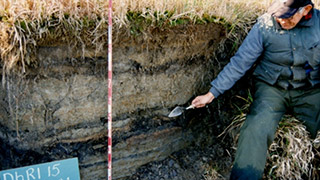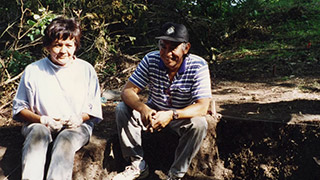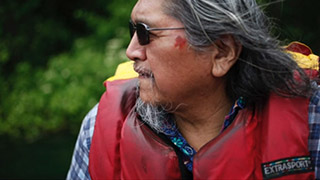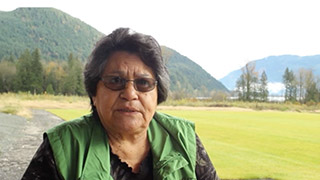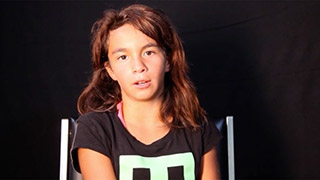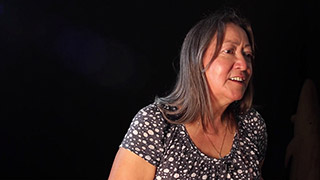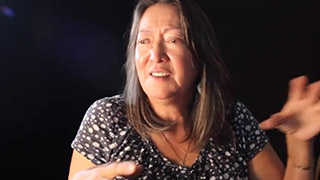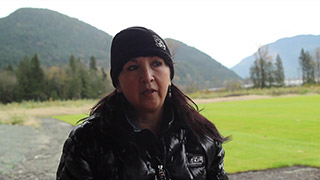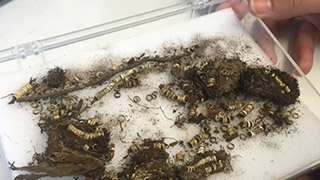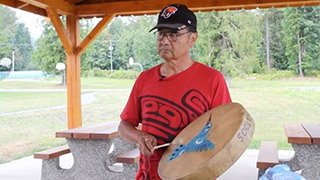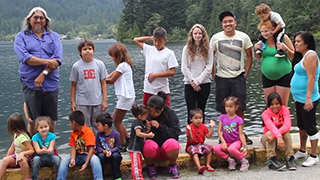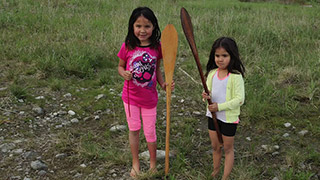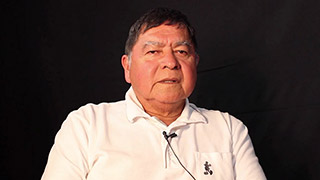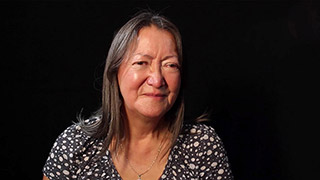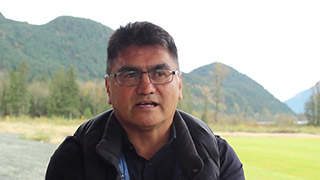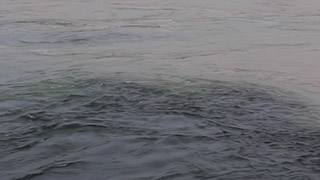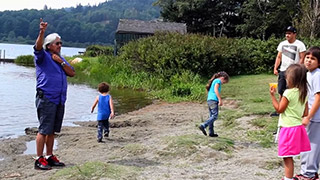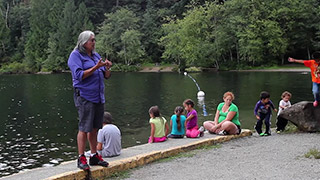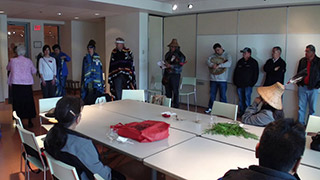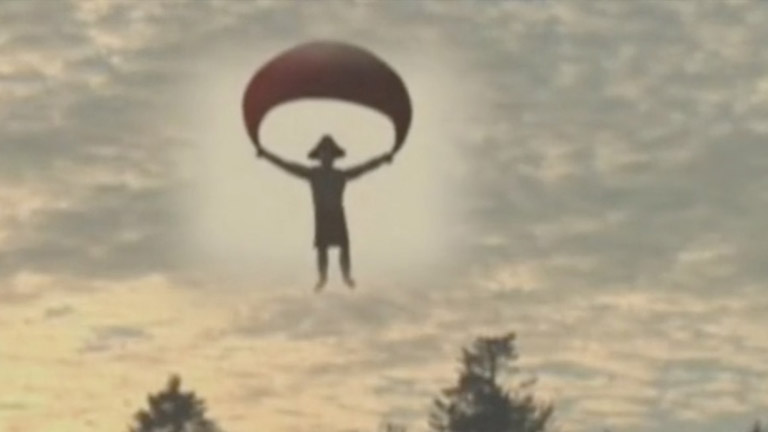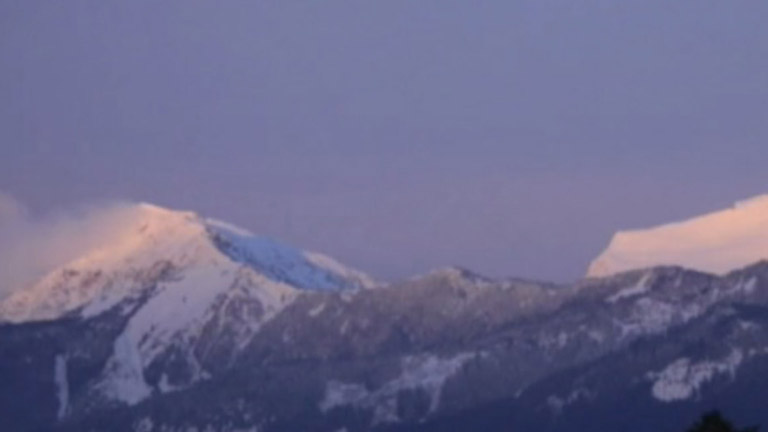Tradition and Identity (Andy Phillips)
Tradition and Identity (Andy Phillips)
View Transcript[Andy Phillips]: I’m a very strong advocate for traditional ways of fishing, our traditional ways of hunting, the traditional ways of sport - how we’ve incorporated sport. Like so for example, every year the community holds an annual canoe race, and we’re very proud of that. This year we’ve added a little youth soccer tournament, so we hope to expand on that. And then having the kids understand what it means to be Xwelmexw and having having identity. And not being labeled as a member of an Indian band. And I think that’s the challenge in today, as a lot of our people think they’re members of Indian bands. And I want them to know their true identity, and their lineage - how it goes back to the identity of our ancestors and our tribes and how our tribes became a nation. Today everybody classifies themselves as a Indian band, which is a federal terminology, where they give us a number, they label us. And uh, if you go back to the definition of a tribe, what is the definition of a tribe, what is the definition of a nation, right? And if you have the treaty process, the B.C. treaty process complicates things. Um, you have non-treaty. And so you have this big diversity in B.C., and so how do we move forward today as a collective to ensure that our integral integrity, as Xwelmexw people, that we are classified as stewards of the land how do we make sure that those unwritten laws or those traditional laws are passed down from generation to generation? And what means of support and best practices are out there to ensure that our children are learning their heritage, their family lineage, the unwritten laws of how to fish, the unwritten laws of how to hunt, so that we’re not contradicting ourselves in terms of being stewards of the land.
Download:
SD (8.8 MB) | HD (29.6 MB)



